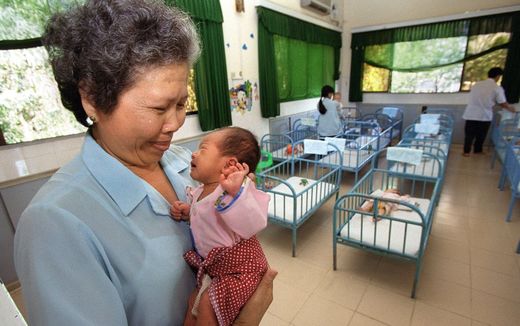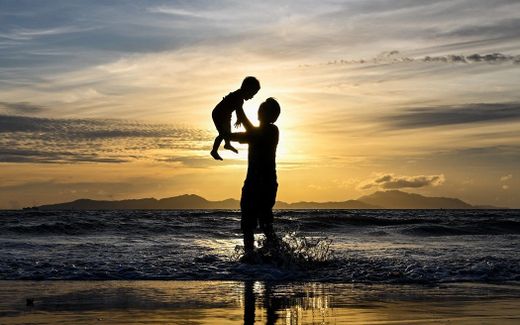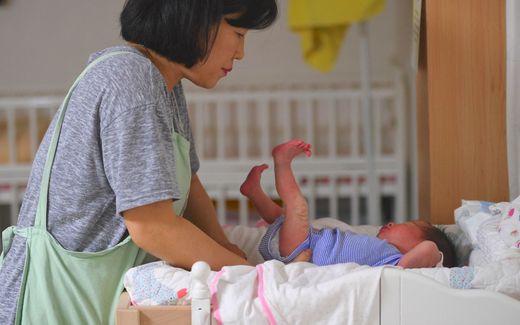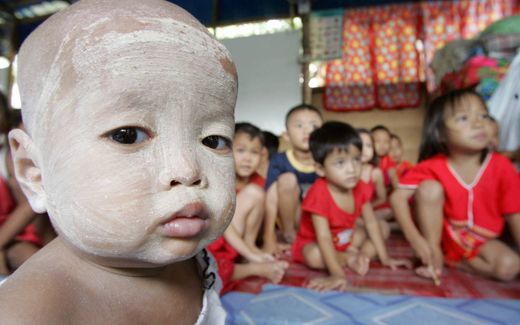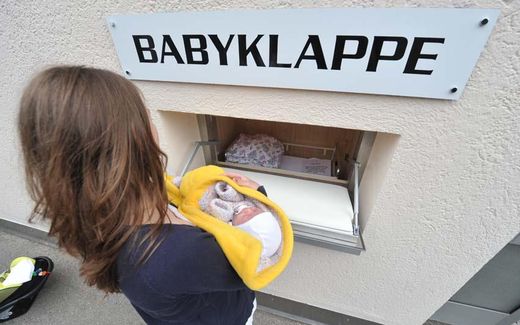At least three countries restrict children’s adoption from abroad
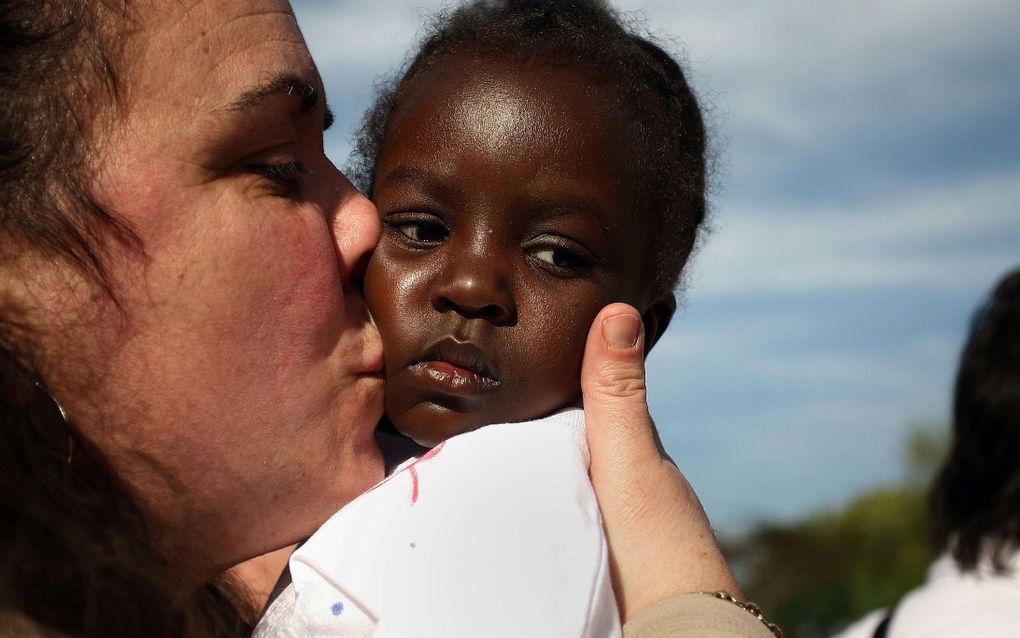
A Haitian child awaits transport before leaving with adoptive parents for France. Photo AFP, Hector Retamal
European Union
Children should grow up with their biological family. That idea is taking root in Europe. And if this is not possible, kids should at least stay within their country and culture of origin. Therefore, international adoption must be abolished, more and more governments decide.
In Norway, the government banned adoptions from four more countries of origin last week. Norwegians can now no longer adopt children from Peru, South Africa, the Czech Republic and Hungary, Vart Land writes. Families involved in adoption procedures in these countries must immediately end their process, NRK states.
Currently, adoptions are only possible from Columbia and Bulgaria, and some ongoing adoption procedures from South Korea are finished. Earlier, adoptions from the Philippines, Thailand, Taiwan and South Korea were already forbidden.
According to Bufdir, the Norwegian Directorate for Children, Youth and Family Affairs, the reason for the new ban on adoption from the four countries mentioned above is that it cannot ensure that the procedures are carried out in a legal, ethical and sound way. It is remarkable that there are two EU countries (Czechia and Hungary) on the list of banned countries.
Report
The criticism on intercountry adoption in Norway is not new. Last January, Bufdir already recommended a complete suspension of international adoption until 2025. The reason for this recommendation, Bufdir announced, is that the risk on illicit practices in adoption procedures is real. By 2025, an investigative commission should have finished its report about international adoption.
The commission, set up by the Norwegian government, started its work in 2022 after a request from Bufdir.
The Netherlands
International adoption is not only under fire in Norway. Since May 21, foreign adoption has been blocked by the Netherlands altogether. Ongoing procedures are allowed to continue for now, but new ones will not be taken into consideration anymore, Dutch media, such as the national broadcaster NOS reported last month.
In the Netherlands, adoption has been the centre of a lot of doubt for a few years already. After a very critical report that revealed severe errors in adoption procedures between 1967 and 1998, the responsible minister, Sander Dekker at the time, announced a temporary ban on intercountry adoption at the beginning of 2021.
The special commission was ordered to do research on the responsibility and the role of the Dutch government in intercountry adoption between 1967 and 1998. The members discovered that several countries of origin were guilty of child trafficking, setting up baby farms, identity fraud and other forms of criminal activities.
In November 2021, Dekker partially withdrew this ban. Adoption was to be possible again from six countries: the Philippines, Hungary, Lesotho, Taiwan, Thailand, South Africa, Bulgaria and Portugal.
After the election in late 2023, the new Parliament looked at the issue differently. A majority of the MPs adopted a motion last May to ask the caretaker government for a plan to phase out international adoption. In response, responsible minister Franc Weerwind announced a stop on all new adoption procedures. He promised a plan for ongoing adoption procedures after the summer. However, it is possible that there will be a new government by then, and Weerwind's successor might have to pick up the issue from there.
Denmark
In Denmark, international adoptions are still legally possible, but the practice was made impossible last January. Danish International Adoption, the only agency that mediated for international adoptions announced that it would no longer do so. Instead, the organisation will dismantle itself in a controlled way.
Decline
The stops on international adoptions fit well into a trend. Whereas in the 1960s, adoption was seen as a means to rescue children from poor countries, it is now more and more considered to be a last resort for children who are unable to grow up in a family in their country of origin. Therefore, the number of adoptees has been in decline for years already.
For example, in 2004, 22,988 children came to the United States, the country that received the most adoptees. This number has declined by 93 per cent to 1517 adoptees in 2022. And this decline is visible in almost all other receiving countries, the Dutch daily Reformatorisch Dagblad recently reported.
Therefore, it is not unlikely that adoption will be restricted in more and more countries. In Sweden, for example, there is an ongoing investigation on intercountry adoption. Swedish journalist Patrik Lundberg expects that this research will also lead to an end to international adoptions in Sweden soon.
Related Articles


